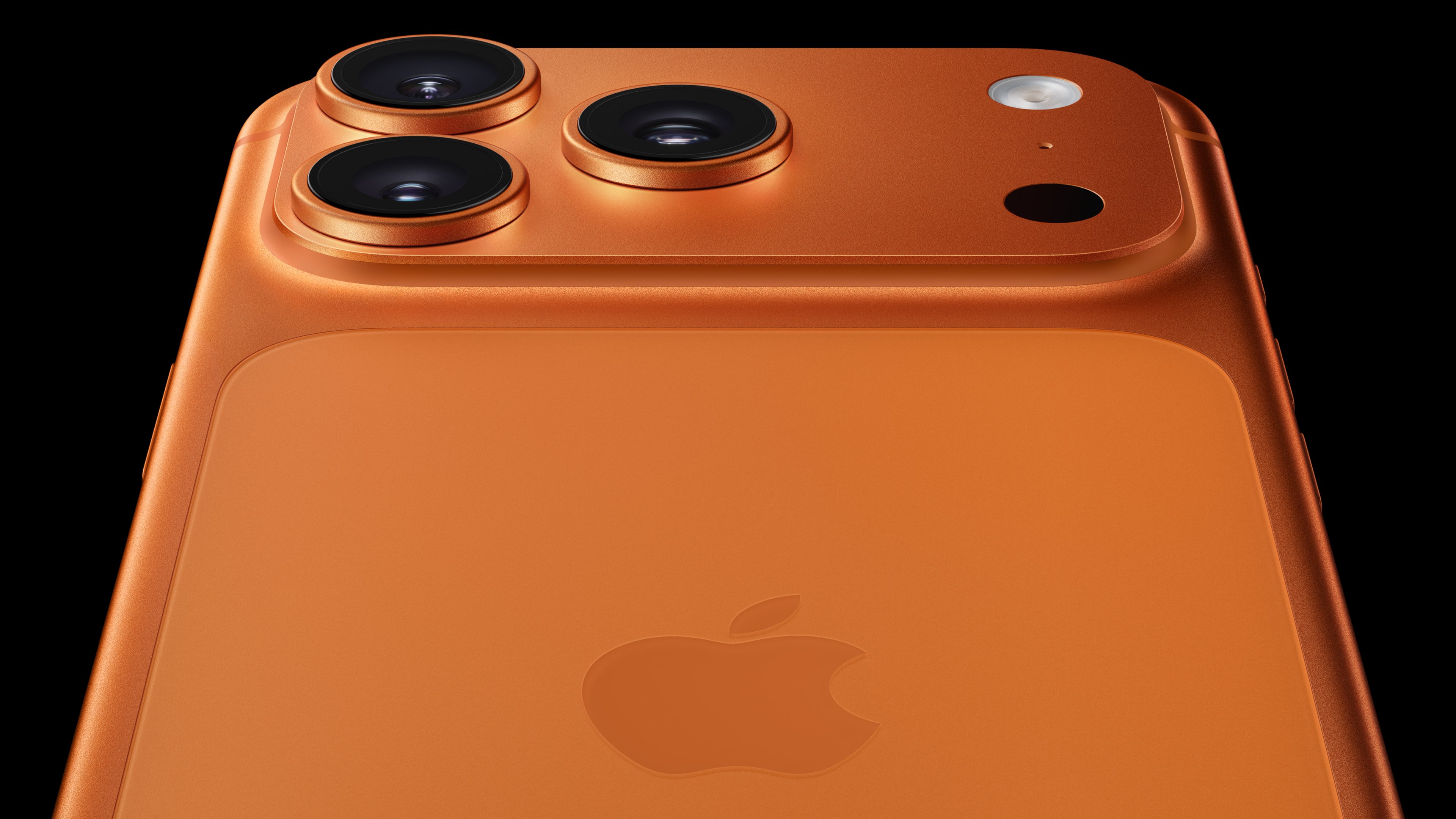
Apple CEO Tim Cook at WWDC 2015. Image source: Apple.
Today's big Apple (AAPL +0.09%) story is that the company has approached famed British supercar maker McLaren for a potential acquisition or collaboration of some sort. This comes from Financial Times, citing anonymous sources that say talks began a few months back. McLaren is valued in the range of $1.3 billion to $1.9 billion, and operates at a loss.
McLaren has quite a bit of institutional knowledge that Apple might want to get its hands on, such as materials design and other areas of automotive manufacturing. Here's why a potential deal does and doesn't make sense.
Why it makes sense
Acqui-hiring automotive talent makes sense in accelerating Apple's automotive road map and development plans. While the company has been poaching plenty of automotive engineers from the industry, an acqui-hire of this size would significantly bolster the talent under its roof.
McLaren's valuation is also manageable, and a deal could probably be done for less than what Apple spent on Beats, its largest historical acquisition to date. CEO Tim Cook has said openly that he won't be stopped from making deals based on price alone anymore, provided that the deal is a good strategic and cultural fit. McLaren is a quintessential premium brand, much like Apple, as its vehicles often sell for $1 million and greater.
Since McLaren is based in the U.K., Apple would also probably be able to fund the deal with its substantial foreign reserves, making better use of that idle cash.
Why it doesn't
Apple's preference with acquisitions is often to shut down the business, redeploying products and technologies in its own lineup. Most of the time, these revenue streams are negligible enough that no one really notices. McLaren reportedly generated nearly $600 million in revenue last year, and produced about 1,600 cars. If Apple chose to shut down McLaren's existing operations, that would be quite a bit of lost revenue. It could also mean potentially killing one of the most famous supercar brands in the world.
That level of volume also shows that McLaren wouldn't have much expertise in manufacturing cars in high volumes, which would be a requisite for the Apple Car. Manufacturing cars at scale is easily the hardest aspect of competing in the auto industry, and Apple still needs to figure out how to tackle that problem given its complete lack of experience and aversion to in-house manufacturing.
Apple's secretive car efforts are undoubtedly electric in nature, while McLaren's supercars all use traditional internal combustion technology. So there would be little value to Apple in McLaren's underlying propulsion technology. And McLaren certainly has no expertise in autonomy, either. But McLaren could still provide expertise in aerodynamic engineering and materials knowledge, which are quite important in electric cars due to the implications on range.
There are plenty of pros and cons in this potential deal, but my bet is that it doesn't happen.






